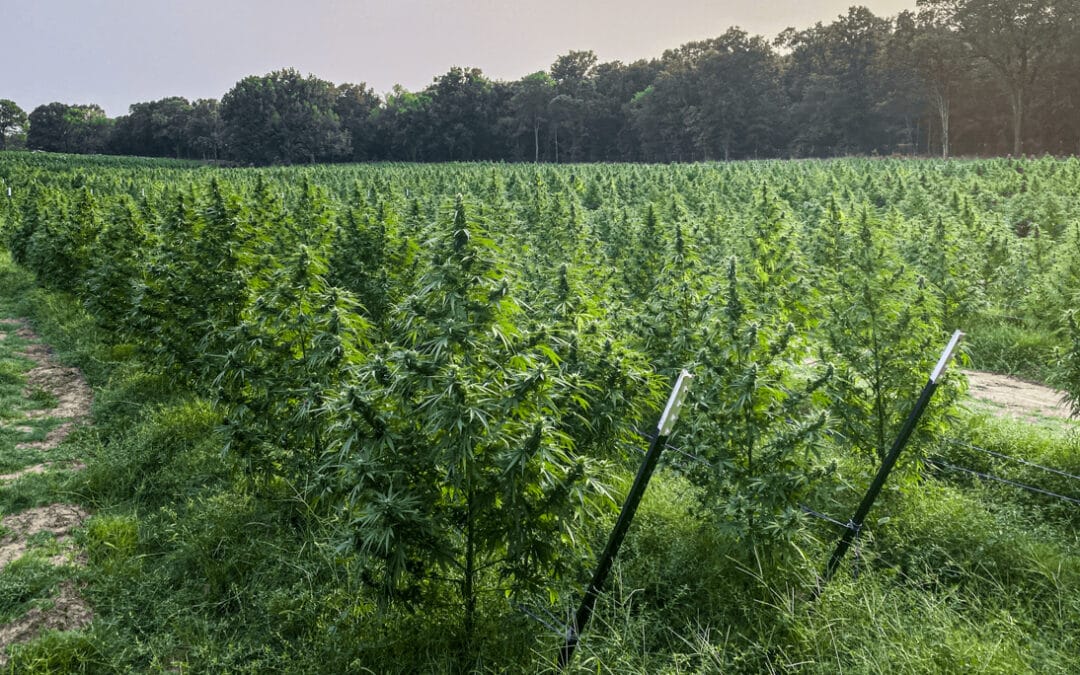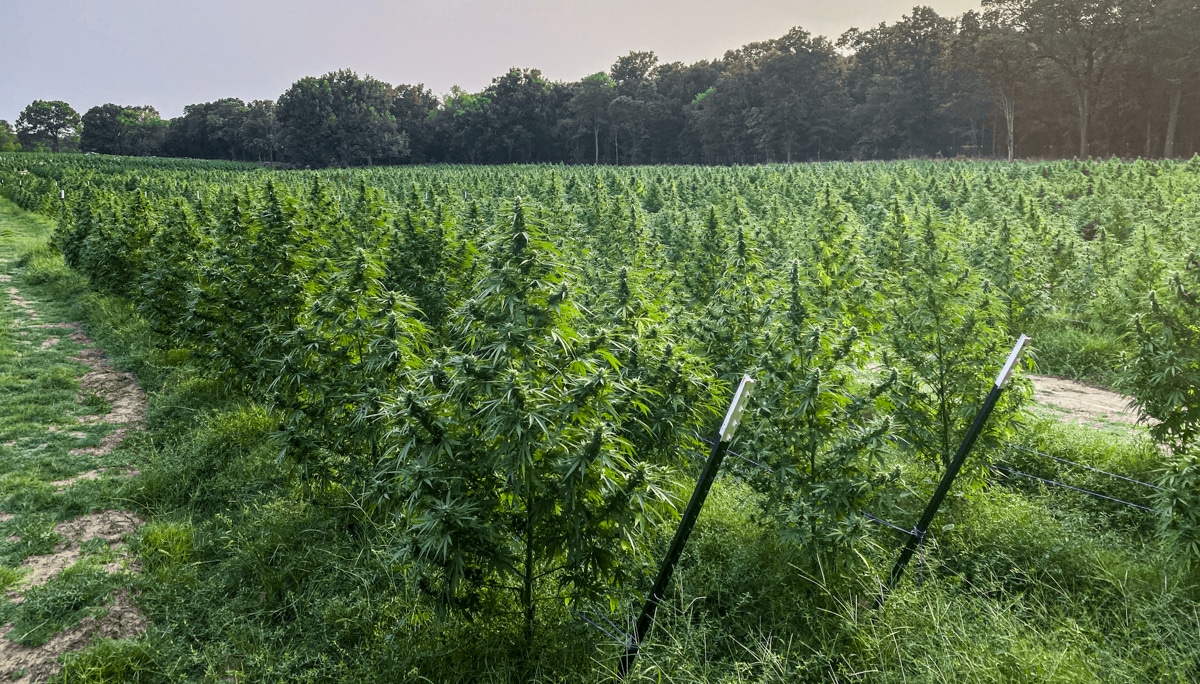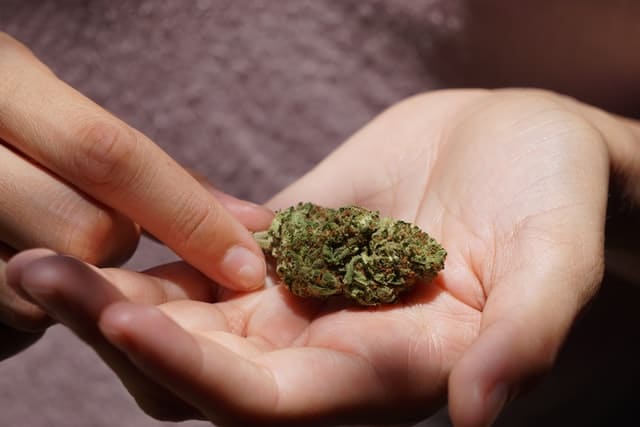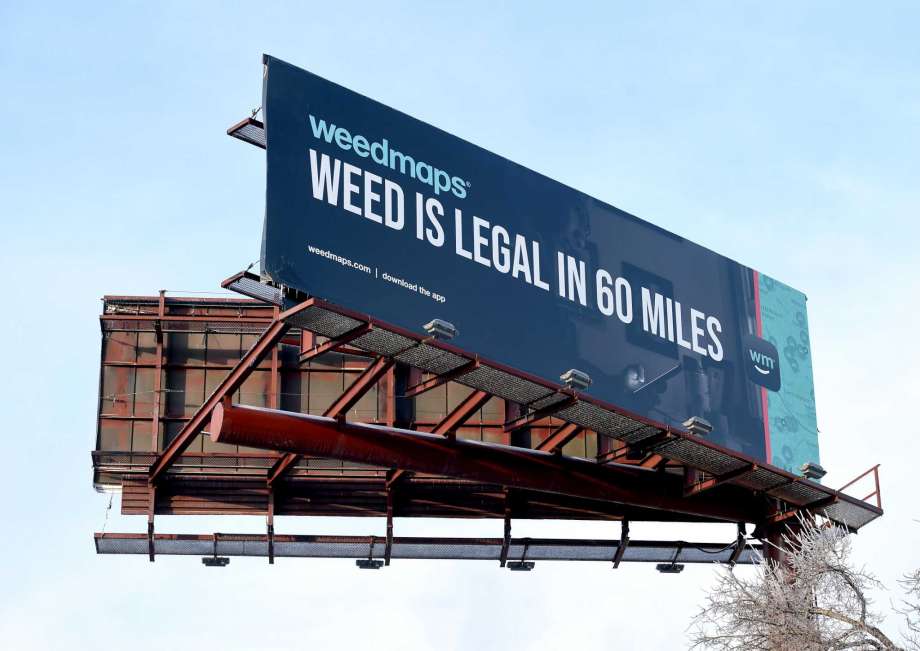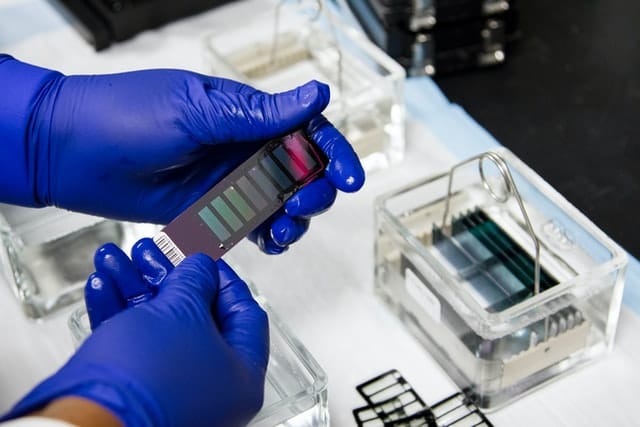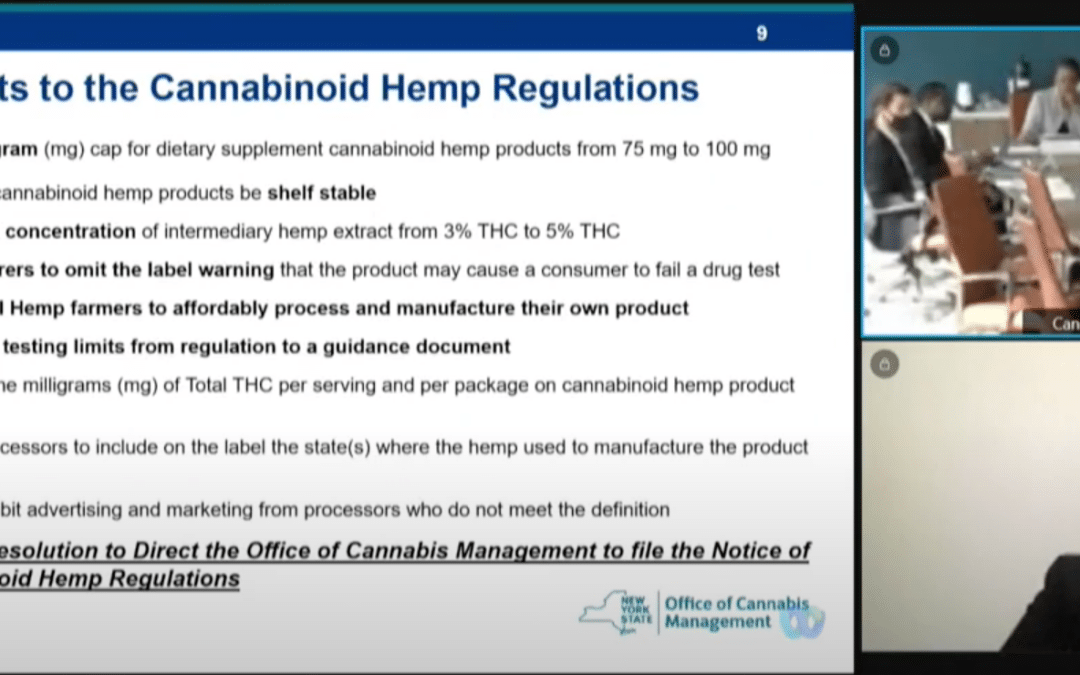
Delta 8 THC Banned in New York
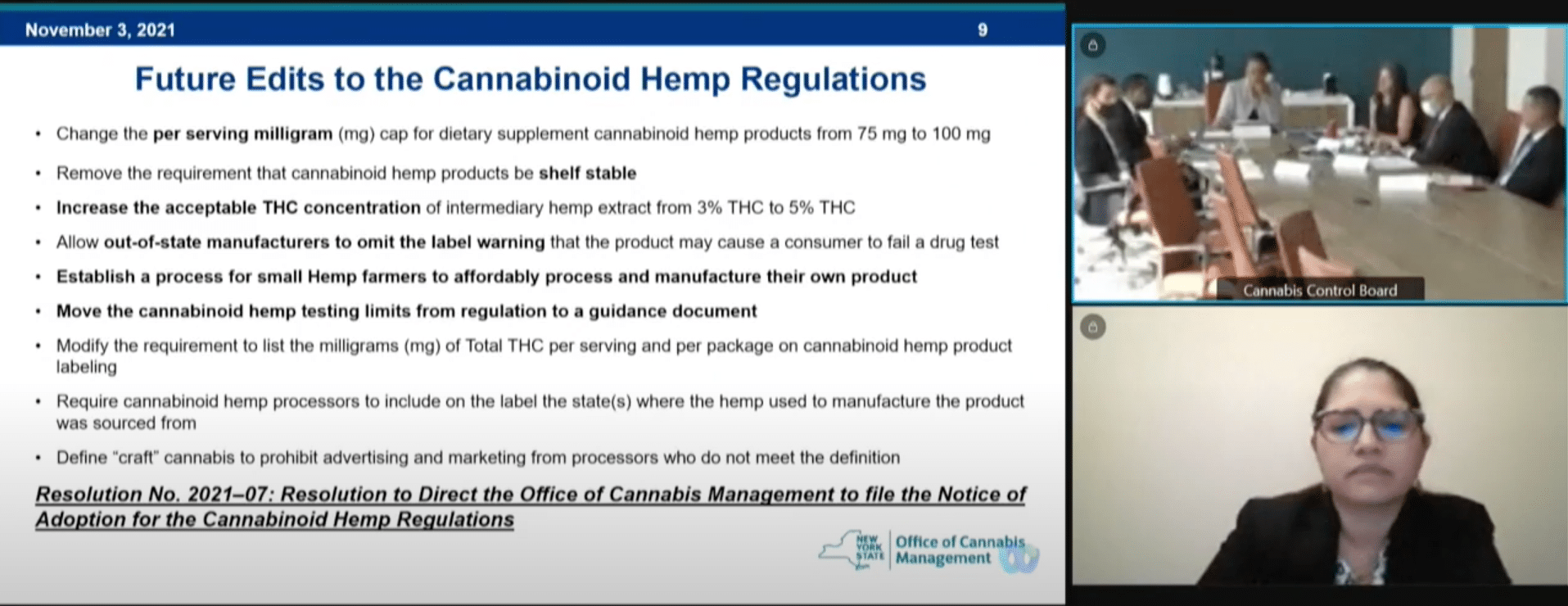
Rules to allow for delta-8 THC could come in the “future,” but in the meantime, those for CBD in food and beverages have been finalized.
Delta-8 THC was front and center during the latest meeting of New York’s cannabis regulators, as officials work to stand up what will be one of the world’s biggest cannabis markets.
The state’s Cannabis Control Board (CCB) met on Wednesday, for the third time, to approve Cannabinoid Hemp regulations presented by the Office of Cannabis Management. The package of rules will now regulate hemp products, including CBD products, by creating “clear” guidelines for what kinds of products and activities are allowed, and which ones aren’t, “to help foster the development of a robust cannabinoid hemp industry.”
The rules also seek to enhance consumer protection and quality control through testing and labeling, and to “enforce against” products that don’t meet the bar and those that are explicitly banned.
“Delta-8, similar to delta-9 THC, is psychoactive, has psychoactive properties, particularly when synthesized through the processing process. Because of that, we’ve decided to hold off on including the regulations for those products in this package and that will be addressed in the future adult use packages,” Chris Alexander, executive director of the Office of Cannabis Management (OCM), within which the Board sits, said during a question and answer portion of the meeting, when asked specifically where delta-8 rules stood.
The regulations do, however, allow for cannabinoids, like CBD, to be added to foods and beverages, if they meet the state’s standards, which will require that each product be made using Good Manufacturing Practices. Last month, California Gov. Gavin Newsom signed AB 45, which will now allow hemp-derived CBD (or other cannabinoids) in supplements, foods, drinks, cosmetics, and pet food.
“I’m pleased that we will be advancing the cannabinoid hemp program today, just as we have done with the expansion of the medical marijuana program at prior meetings,” Tremaine Wright, chair of the Board, said at the start of the meeting. (As Cannabis Wire recently reported, the Board has already moved to allow for medical cannabis shops to sell flower products, which several have started to do, and released rules for patients to home grow.)
Board member Jen Metzger gave an overview of the hemp program in New York. In 2015, the Department of Agriculture and Markets launched the state’s Industrial Hemp Agricultural Research Pilot Program. Metzger said this program “exploded” after it launched, with 800 farmers registered to grow, most for cannabidiol (CBD).
When the Marijuana Regulation and Taxation Act passed in March, legalizing cannabis for adult use, the Cannabinoid Hemp Program was transitioned under the umbrella of the new Office of Cannabis Management.

